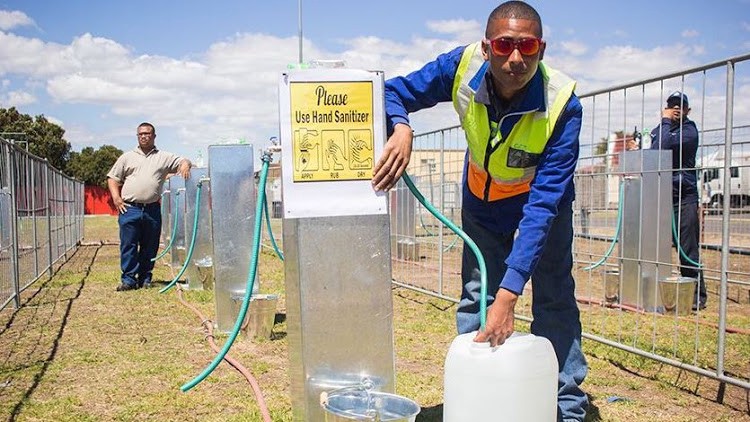Cape Town has just over two months of water reserves left for its four million residents.
In the third year of a severe drought, the city has become a global symbol of the imminent threat of climate change, as city officials scramble to prepare for “Day Zero.” Locals complain that clear warnings of a crisis were ignored. Worse, infrastructure improvements that might have helped — new dams, recycling facilities and significant desalination capacity — were not pursued soon enough. Drilling has started in one of the city’s aquifers. Two desalination plants could be up and running in February.
Longer term, Cape Town’s crisis may position it as a leader in water innovation for an increasingly water-constrained world. “We need to shift our thinking from crisis- to opportunity-mode,” says Claire Pengelly, a water analyst at GreenCape, a local advocacy organization. “We need to consider how to best mobilize investment from the private sector: households and businesses.” Yes, that means water prices are likely to go up “Water is an expensive resource to capture, store, transport, treat and manage,” but it is generally underpriced for residents and businesses, she says.
Private investment in small-scale infrastructure and new technology could include brackish or wastewater treatment solutions for farms, smart metering and auditing technologies to track and cut leakage, and “permeable pavements” that capture and store rainwater when it does fall, according to a GreenCape report last year.
There are also private investment opportunities in larger infrastructure, like water recycling plants for industrial users. “Awareness is growing that water is vital, and not having adequate supplies of it can have dire consequences,” Pengelly says. “Let’s move away from the tactic of scaring people, and towards responsible citizenship.”











